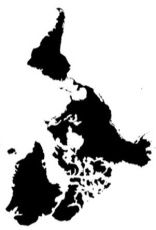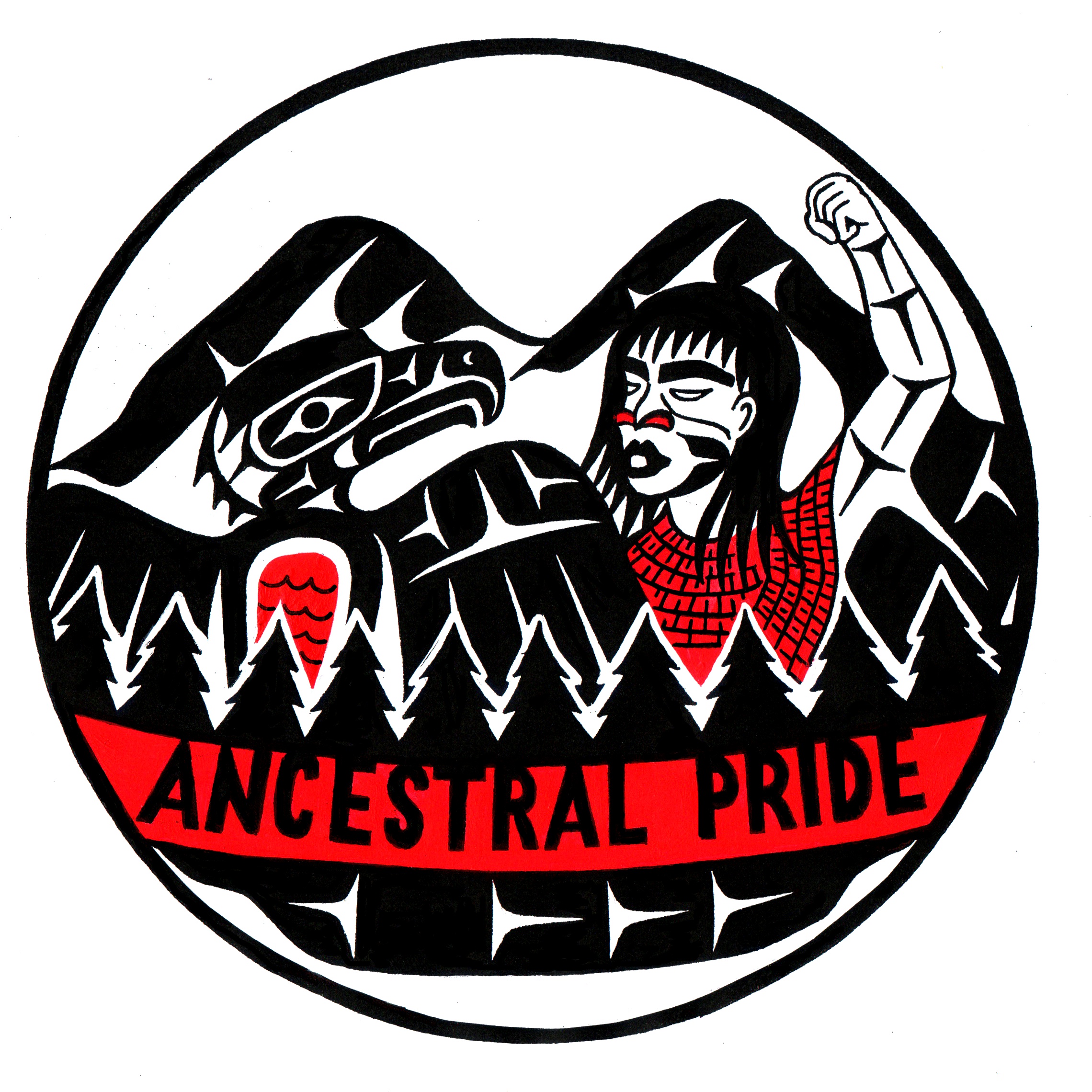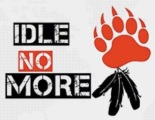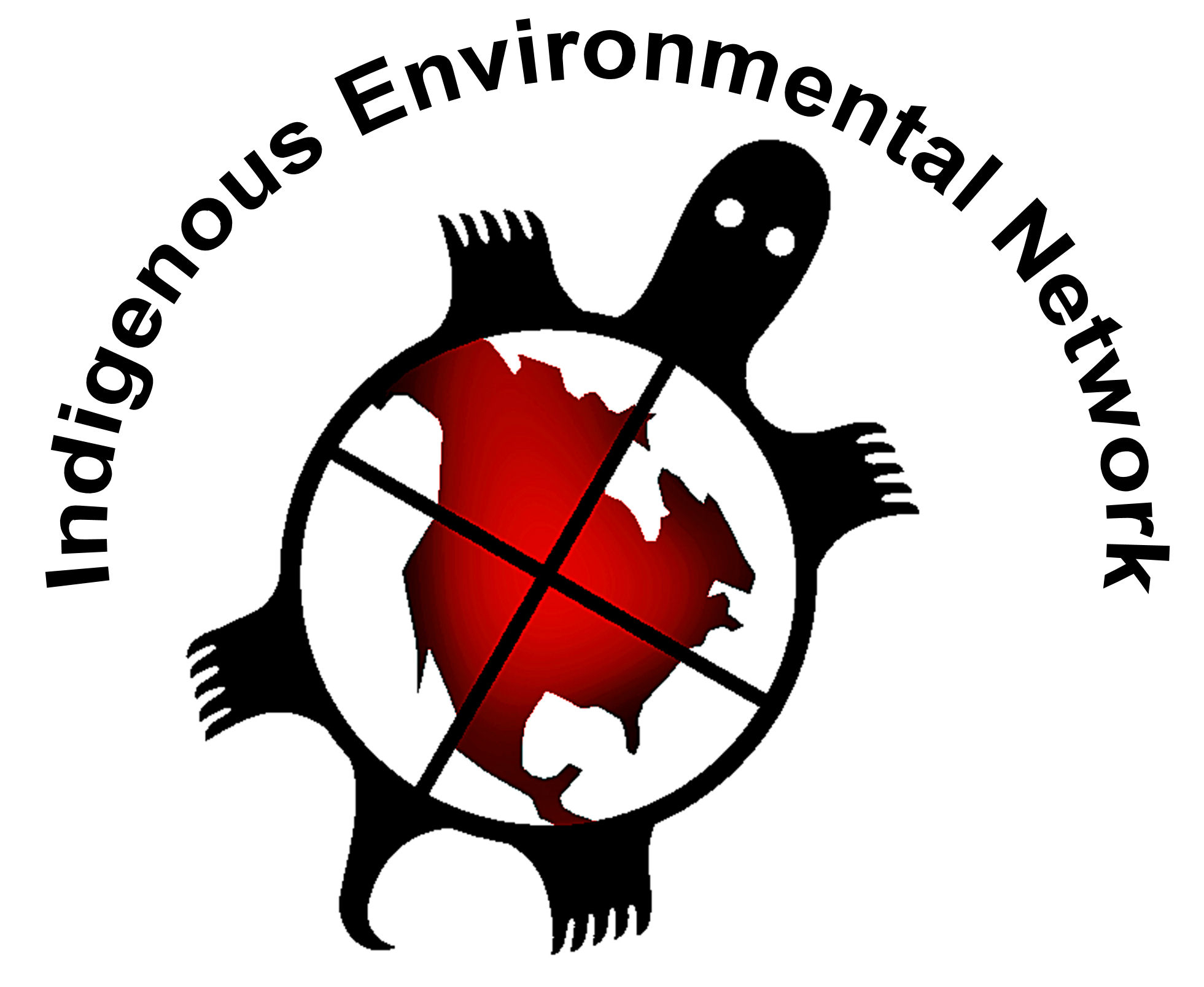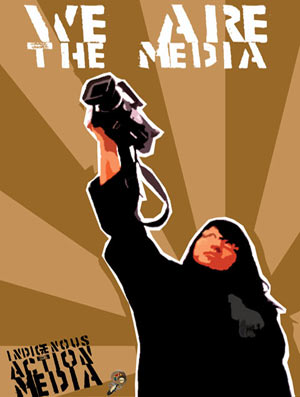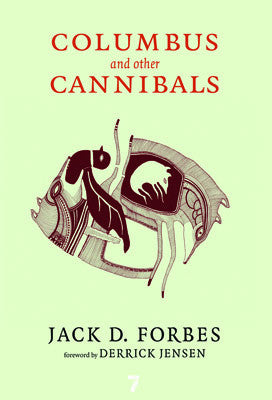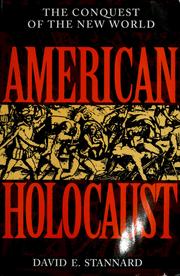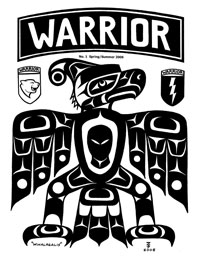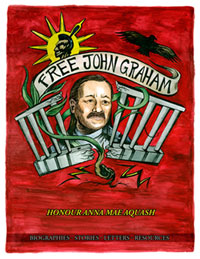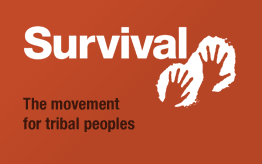Since 2008, Liza Minno Bloom and Berkley Carnine have worked with the Black Mesa Indigenous Support (BMIS) collective in solidarity with the Dineh people of Black Mesa, AZ who are resisting a forced relocation due to coal mining. Black Mesa holds the largest deposit of low-sulfur coal in the U.S. It is home to tens of thousands of Dineh and several hundred Hopi people and their sacred sites, burial grounds, animals, farms, and homes. The federal government has relocated between 10,000 and 20,000 Dineh people and several hundred Hopi from their ancestral homelands on Black Mesa since 1974 when the “Relocation Law” (PL-95-531) passed. This constitutes the largest relocation of Indigenous people in this country since the Trail of Tears and it is ongoing today.
As members of a solidarity collective we are working to synthesize writing, theorizing, and activist scholarship on decolonization from Indigenous peoples and allies in the U.S. and Canada with our experience doing land-based solidarity. At this moment when Indigenous people are making a powerful and unifying stand to protect and life at Standing Rock, we want to share this piece as one of many efforts to raise decolonial consciousness.
This writing and work relates to us—as white settlers acting in solidarity with an Indigenous struggle—proactively pursuing decolonization and anti-colonial work amongst ourselves. It is one of many attempts to disrupt the narrative that says decolonization and anti-colonial work are solely the job of Indigenous people and to explore what we are calling parallel processes of decolonization. We are thinking through what it means to shift out of a solely solidarity framework to one of joint struggle, wherein we clarify our own sense of having a stake in defending the earth and in confronting systemic violence and intergenerational trauma caused by colonialism.
As both authors identify as white settlers–people of European descent who benefit from both white privilege and settler privilege–we work and write from our perspective. Developing and acting upon a mutual stake in decolonization looks different for non-Native white people and non-Native people of color. Since we are white settlers, we are focusing on the responsibilities specific to that position. We want to express gratitude for the activist scholarship and organizing of Indigenous and non-Native people of color who’ve greatly informed our analysis and have included a list of resources of many of those writings in the Action Steps/ Best Practices.
The four main sections are of this piece are:
1) An Overview of the Terms Settler Colonialism and Decolonization
2) An Exploration of Parallel Processes of Decolonization
3) Lessons from Solidarity Organizing
4) Action Steps/Best Practice
Settler Colonialism
Settler colonialism is the kind of colonial control that exists in “settler states” such as the U.S, New Zealand, Australia, Israel/Palestine, Canada, Argentina, and other countries. It incorporates elements of both external colonialism—in which a colonizing power exports Indigenous peoples (as slaves or laborers), resources, knowledge, plants, metals, and/or animals to increase the wealth of the colonizer—AND internal colonialism—which is marked by the violent management of an underclass of people and lands within the “domestic” borders of the imperial nation via ghettos, reservations, borders, prisons, police, surveillance, and educational systems. Settler colonialism is unique in that it combines “internal” and “external” colonialism—so the empire is in the same geographic location as the colony/ies.
So when what is now known as the U.S was colonized, settlers came for good, not only to take things and return to an imperial center based in Europe. This is why scholar Patrick Wolfe called settler colonialism a process of “destroying to replace.” Gradually, the Indigenous versions of governance, land management, cultural practices, etc. are destroyed—through violent conquest, disease, land theft, cultural genocide, etc.—and are replaced with the settler version of those things. Therefore, it is vital to understand settler colonialism not as an event that we can neatly box into one historical moment, but rather as a persistent structure that impacts everything in settler states.
Decolonization
Talking about “decolonizing” in a settler colonial context. where the empire and the colonies are in the same location is complicated. Currently, the phrase decolonization—which has been used in multiple ways by Indigenous communities over the years—is gaining traction in non-Indigenous, leftist communities. We’ve witnessed a proliferation of phrases like “decolonize your mind,” “decolonize your exercise”, “decolonize your education,” and “decolonize your love life.” This has provided opportunities to bring up land-based struggles for Indigenous self-determination in places where those conversations have been absent. This can also encourage us to take a deeper look at the ways that we have all internalized colonial mindsets when it comes to relating to each other, land, work, infrastructure, etc. The popularization of the term decolonization outside Indigenous communities has also, however, raised tensions about the individualization (most problematically, white individualization) of decolonization processes, processes that lack any focus on the material conditions of Indigenous land, culture, and self-determination.
Decolonization is about transforming how people relate to and in place. It is easy for settler identified people to translate “decolonization” into “making spaces more inclusive of Indigenous people.” This can reproduce the idea that settlers are the rightful inheritors of the space to begin with.
Parallel processes of decolonization entail transforming our relationship to the state, capitalism, extractive industries, and modes of thinking that are defined by white supremacy, etc. We need a community in which we can do the work of holding each other and ourselves accountable, reflecting, and finding modes of uniting in the face of divide and conquer strategies without losing our own political compass. We need tools for doing this work with Indigenous communities as well as non-Native communities where, as white settlers, we don’t conflate white supremacy and settler colonialism. We need to build with non-Native people of color who are defining and enacting their own parallel processes. Some of this framing of parallel processes might be useful for non-Native people of color, while much is specific to those of us working to reveal and transform settler and white privilege.



